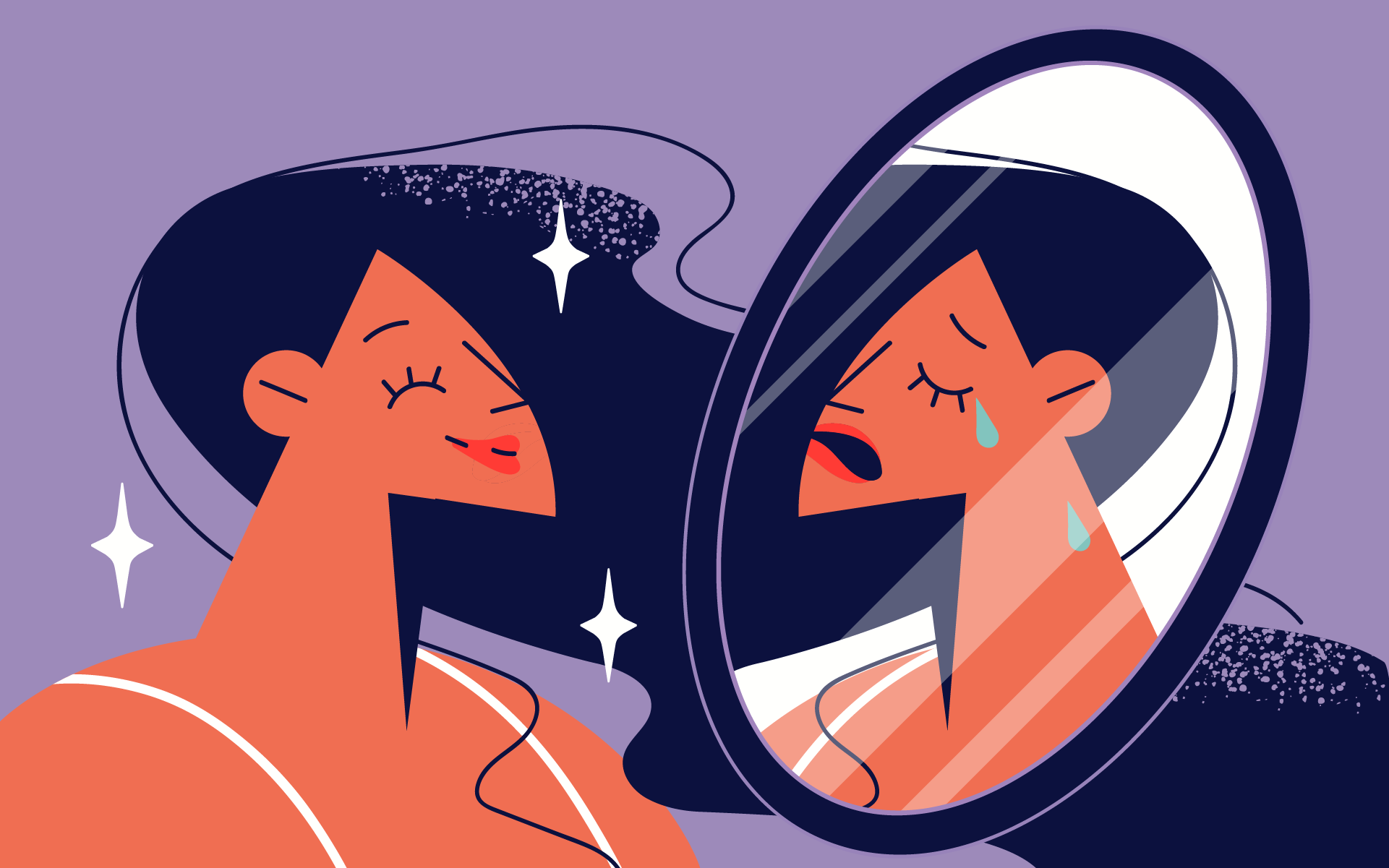Why I’ve embraced the surprising, invigorating power of insecurity

It’s helped me understand who I really am.
People can lose respect for you when you show insecurity. It’s seen as a weakness, a sign of a loser. I have been, I am, and I will likely continue to be insecure at times.
It took me a long time to understand that my insecurity was not a mark of disgrace. Instead, it was a warning system — an intelligent and finely tuned alarm prompting me to stop, listen, and ponder.
When you question the narrative you’ve created about yourself, you can uncover wisdom. Each question is a pause, an intake of breath, that can help you grow.
For instance, when I learn about someone in my industry performing significantly better than me, there’s an instant where I think, “Oh no, I’m terrible, worthless, a failure!”
I panic. I question every action I’ve taken and will ever take.
For a time, I would guard my contacts, lists, and networks. I became possessive over my clients, like Gollum with his precious ring.
I allowed my insecurity to dictate my worst behaviours, envying those who were more successful.
Eventually, I realised how draining and futile this was. They don’t care. They’re pursuing their goals, grappling with their insecurities.
I discovered a way of transforming these insecurities into a gift. I reframed my perspective.
Instead of asking, “Why not me?”, I began asking: What did that person study to advance further than me? How did they network? Can I email them to say congratulations and seek their advice? Might they mentor me? How can I improve?
There are individuals willing to share their contacts, divulge the steps they took, and make space for you.
I’ve learned from them. I’ve turned my insecurity into a tool to assist others who are fearful or insecure.
Insecurity can be a potent motivator when viewed through the lens of self-awareness. A lack of overconfidence can lead to harder work, more realistic expectations, and openness to criticism.
We seek feedback because it aids our development. But there’s a difference between accepting undue criticism due to lack of self-belief, and recognising and utilising valuable feedback.
I’m still searching for that balance. I’m aware of my limitations, acknowledge my shortcomings, and identify areas for growth. Isn’t that invigorating, rather than a cause for shame?
At its core, insecurity is a lack of confidence, a sense of uncertainty. I embrace it like a faux fur leopard print coat. I use it, instead of allowing it to use me.




